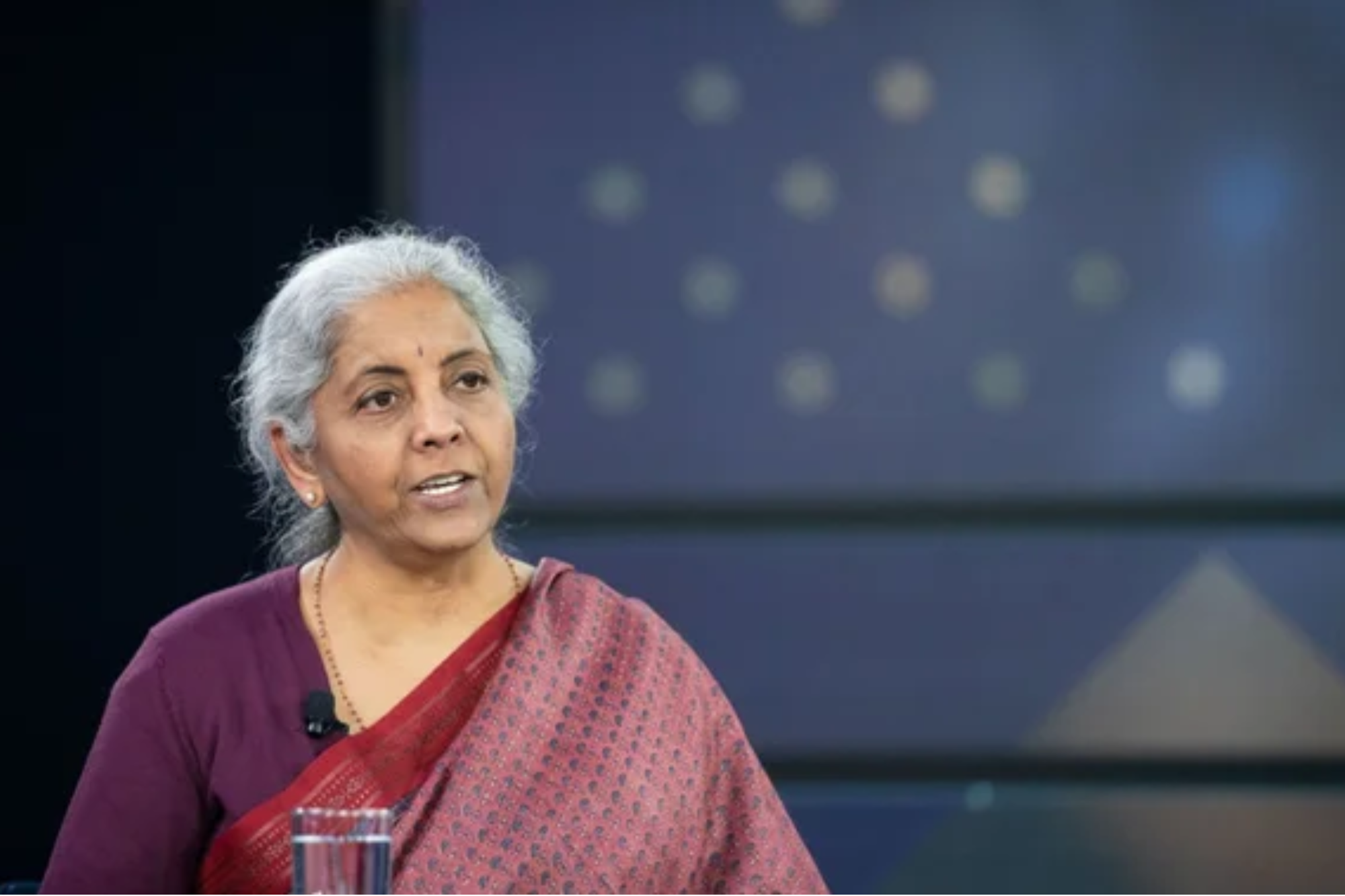AI Is Opening Up New Roles Which Didn't Exist a Year Ago: Puneet Chandok of Microsoft AI orchestrators, agent bosses, workflow designers, software optimizers, are some of the roles which have come up, says Microsoft India and South Asia, president, Puneet Chandok
Opinions expressed by Entrepreneur contributors are their own.
You're reading Entrepreneur India, an international franchise of Entrepreneur Media.

Artificial Intelligence (AI) is not a bug but a feature, and we should treat it the same way, believes Microsoft India and South Asia, president, Puneet Chandok. Amidst the fear of layoffs surrounding AI replacing jobs, Microsoft is confident that a transformative shift is underway in how Indian organizations are preparing for the future of work.
According to the India findings of Microsoft's 2025 Work Trend Index, Indian leaders are moving with confidence and urgency to integrate AI across their organizations, with 93 percent intending to use AI agents to extend workforce capabilities in the next 12-18 months.
"AI is augmenting human capabilities, not replacing them. This is not about restructuring or layoffs. This is about dividing the workforce and getting them ready for the new roles, changing colors of the jobs, and new skills that are required," Chandok told Entrepreneur India.
Indian business leaders are making bold moves in response to AI's acceleration. An overwhelming 90 percent say this is a pivotal year to rethink core strategies and operations—the highest globally.
According to Chandok, many new roles will open up. AI orchestrators, agent bosses, workflow designers, software optimizers, amongst others. "I am seeing new roles emerge in security and guardrails, privacy and standards for AI. A ton of new roles that didn't exist 12 months ago is becoming common in tech," he added.
To support this evolution, organizations are doubling down on skilling. As much as 51 percent of leaders cite upskilling as their top priority over the next 12–18 months, with 63 percent of managers expecting AI training to become a core team responsibility within five years. This isn't just about technical proficiency—it's about building AI fluency, ethical awareness, and cross-functional agility to enable seamless human-agent collaboration across business functions, the report highlighted.
"Upskiling is far more important than it ever was, and companies have to become a lot more agile, which is how the shift in workforce would eventually happen," he said.
Sectors such as education, healthcare, agriculture are the areas which are seeing the most AI innovation. "A lot of universities, colleges are skilling companies. Microsoft is also partnering to drive skills across the country."
Explaining the top five ways on how organizations should invest in people to scale human efficiency, Chandok emphasized on the importance of right trading content, the right tool set, foundational architecture, history of customer feedback and employee experience. "It's a bit of a cultural mindset change to make sure everybody in the organization, irrespective of level or tenure or starting from the top, is learning. The focus should be on the use of AI to reduce drudgery, giving back people the energy, balance, harmony, so that they're more productive and efficient," he explained.
India's most forward-looking organizations—what Microsoft calls Frontier Firms—are leading the charge in reimagining work. These firms are not just adopting AI; they're redesigning operations around human-agent collaboration. With 59 percent of leaders already using AI agents to automate workstreams or business processes across entire teams, the shift from traditional hierarchies to fluid, adaptive structures is well underway. This transformation is enabling organizations to scale with agility, speed, and purpose.
India with a young population is becoming AI first, and Microsoft is playing a big role. "We are training 2.4 million people and want to train 10 million more. I think we are building an AI first workforce in this country, which is young, excited and energized. So, stop fearing AI and have a growth mindset. This is the time for us to learn, move really fast, and be a lot more agile and resilient," he concluded.










